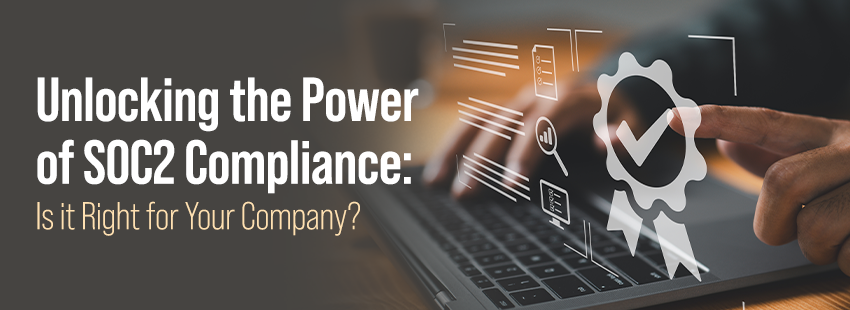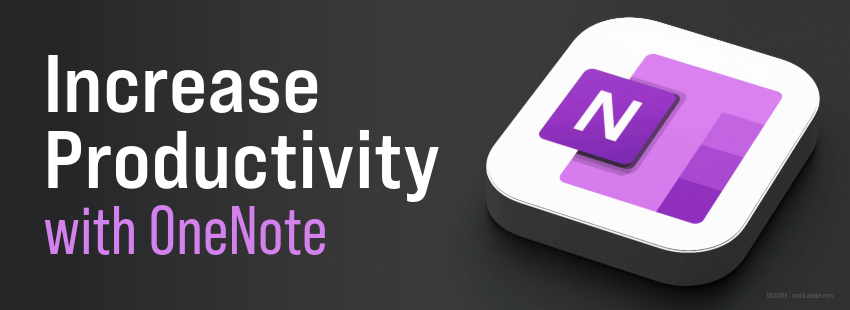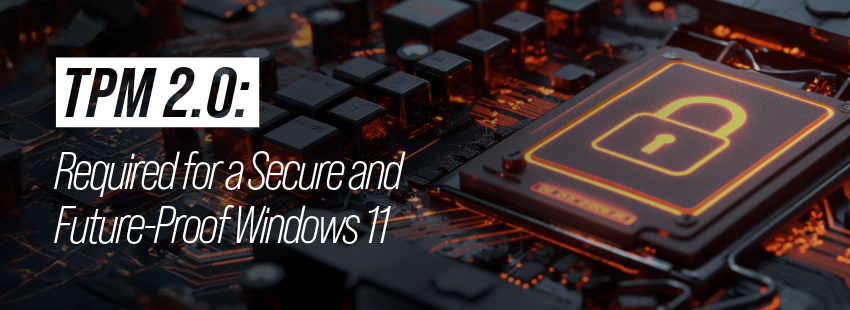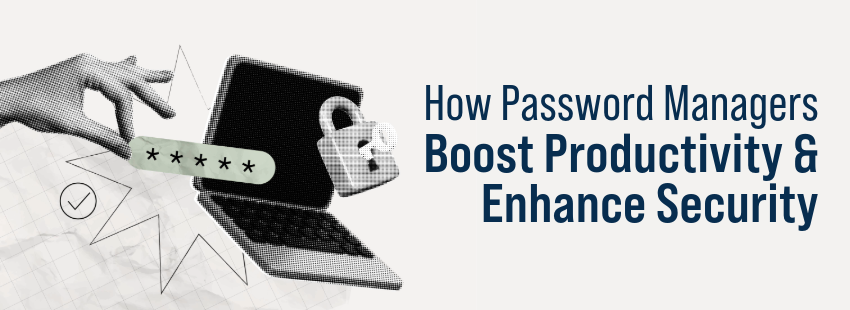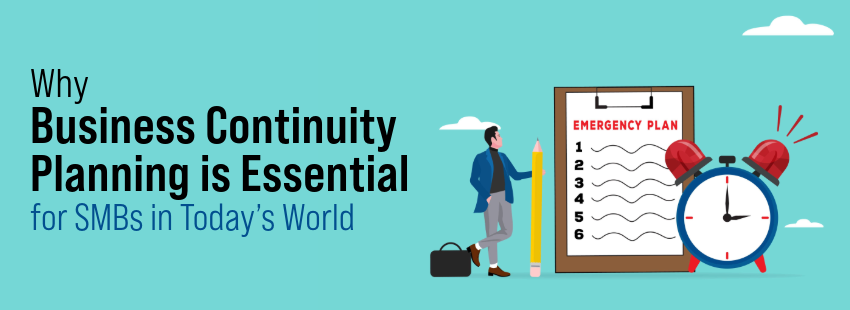Are you considering SOC2 compliance for your company? In today’s digital landscape, safeguarding sensitive data has never been more critical. This blog will explore the benefits of SOC2 compliance and help you determine if it’s the right choice for your business.
What is SOC2 compliance? SOC2, short for Service Organization Control 2, is a comprehensive cybersecurity framework that assesses an organization’s data security practices. It’s designed to ensure that companies handle customer data with the utmost care and security, providing peace of mind to both clients and stakeholders.
Why Get SOC2?
- Enhanced Data Security: SOC2 compliance means your company meets stringent data security standards, reducing the risk of data breaches and cyberattacks.
- Competitive Advantage: SOC2 compliance can set you apart from competitors. It shows potential clients that you take data security seriously.
- Customer Trust: When clients see your SOC2 compliance, they have confidence in your ability to protect their sensitive information.
- Regulatory Compliance: Many industries and government regulations require SOC2 compliance, making it a legal necessity for some businesses.
- Operational Efficiency: The SOC2 framework often identifies and rectifies weaknesses in your data security practices, improving overall efficiency.
The decision to pursue SOC2 compliance depends on your industry, the type of data you handle, and your commitment to data security. If your company deals with customer data, financial records, or any sensitive information, SOC2 certification is a strong consideration.
To make an informed decision, consider the following steps:
- Assess Your Data Handling: Examine the types of data your company handles. Do you process sensitive financial or personal information? If yes, SOC2 compliance is crucial.
- Legal and Industry Requirements: Investigate whether your industry or regulatory bodies require SOC2 compliance. Failure to meet these standards could result in legal consequences.
- Client Expectations: Talk to your clients or potential clients. Many businesses now demand SOC2 compliance from their service providers as a condition of partnership.
- Risk Analysis: Evaluate the potential risks of not having SOC2 compliance. Data breaches can be financially devastating and harm your reputation.
- Budget Considerations: Determine the financial commitment required for SOC2 compliance. While it’s an investment, the benefits often outweigh the costs.
- Consult Experts: If you’re unsure, consult with cybersecurity experts who can assess your needs and guide you through the compliance process.
Conclusion: In an era where data breaches are all too common, SOC2 compliance offers a clear path to robust data security and customer trust. It’s not just about compliance; it’s about safeguarding your company’s future. Consider your industry, legal requirements, client expectations, and potential risks when deciding if SOC2 compliance is right for your company. Ultimately, the investment in data security can pay off in ways that extend far beyond compliance.

